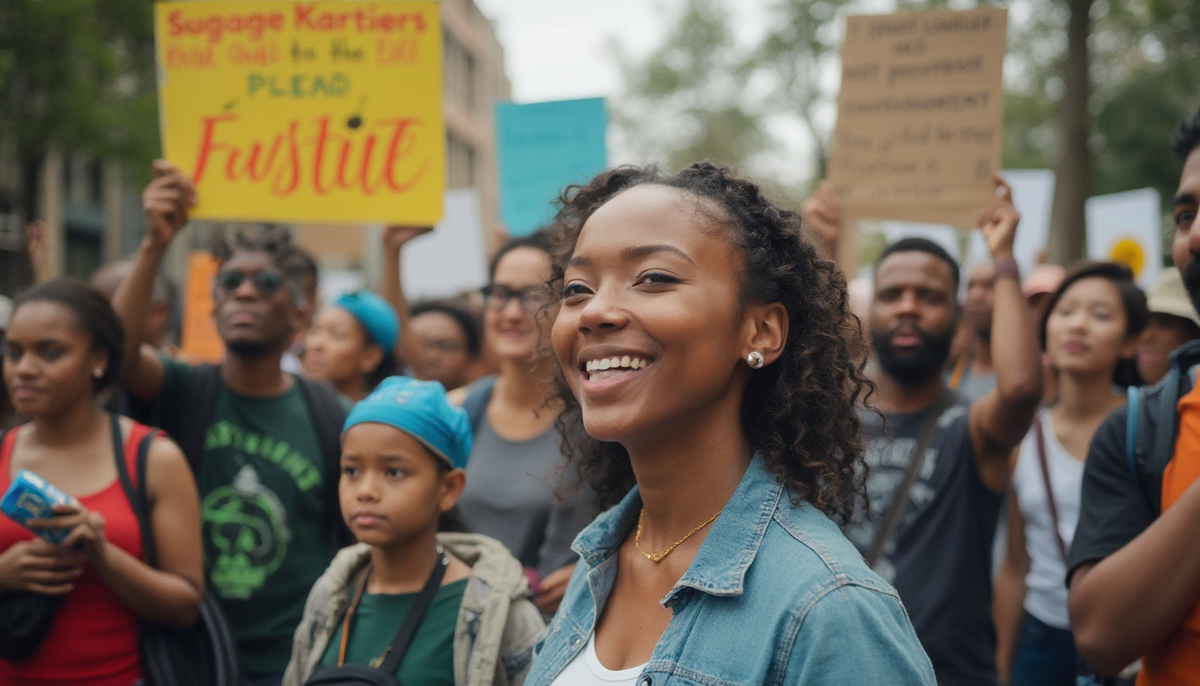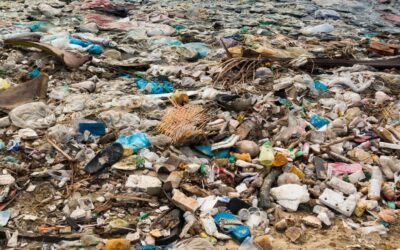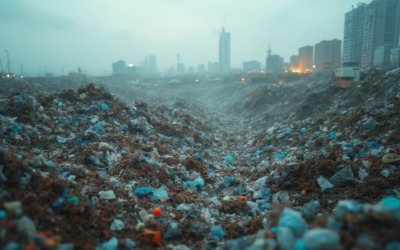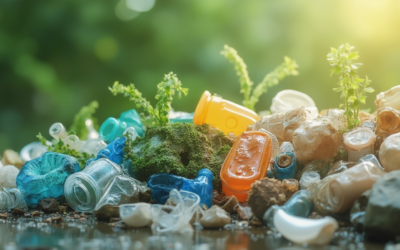Addressing the disproportionate burden of plastic pollution on marginalized communities represents a critical front in the environmental justice movement. This blog post explores the intersection of plastic pollution and environmental justice, focusing on how certain populations carry the weight of our disposable culture.
Key Takeaways
- Environmental injustice – Marginalized communities face higher exposure to plastic pollution and its detrimental impacts.
- Global policy reform is crucial for redressing environmental injustices caused by plastic pollution.
- Educational programs have a significant role in empowering affected communities to advocate for change.
- Community-led initiatives showcase successful mitigation of plastic waste through local actions.
- Strategic partnerships between organizations amplify the impact of grassroots efforts to combat plastic pollution.
Table of Contents
- Disproportionate Impact on Marginalized Communities
- Policy Advocacy for Environmental Justice
- Educational Outreach and Community Empowerment
- Success Stories in Combating Plastic Pollution
- Conclusion
Disproportionate Impact on Marginalized Communities
Plastic pollution is not just an environmental issue—it’s a matter of justice. Marginalized and low-income communities often reside near pollutant-producing factories, affecting their health and environment quality significantly.

Health and Socio-Economic Consequences
Living next to waste management facilities or areas where plastic waste is abundant subjects communities to toxic pollutants, leading to respiratory problems, cancer, and other serious diseases.
Policy Advocacy for Environmental Justice
Advocating for stringent policies on plastic manufacturing and waste management is essential to mitigate its impact on vulnerable populations. Lawmakers and corporations alike must prioritize the health of these communities in their environmental practices.

Inclusive Policies and Engagements
Environmental justice calls for inclusive policies that consider the voices of those most affected. Engagements like town hall meetings, community forums, and educational workshops ensure that these communities can partake in meaningful discussions on policies that impact their lives.
Educational Outreach and Community Empowerment
Education on environmental issues and rights is crucial. Through educational programs, affected communities are empowered to take action, from organizing local cleanups to participating in wider environmental movements.

Success Stories in Combating Plastic Pollution
From grassroots campaigns to international collaborations, many initiatives have successfully reduced plastic pollution and restored environmental justice. Projects like beach clean-ups and recycling drives have shown tangible improvements in community health and environments.
Conclusion
Combating plastic pollution through the lens of environmental justice not only addresses the symptoms of waste but also the systemic inequalities that perpetuate these issues. By supporting Bhumi’s projects, you contribute to a fairer and more sustainable future.
For more insights and involvement, explore our home page, or learn more about how you can help through our Knowledge Hub.




